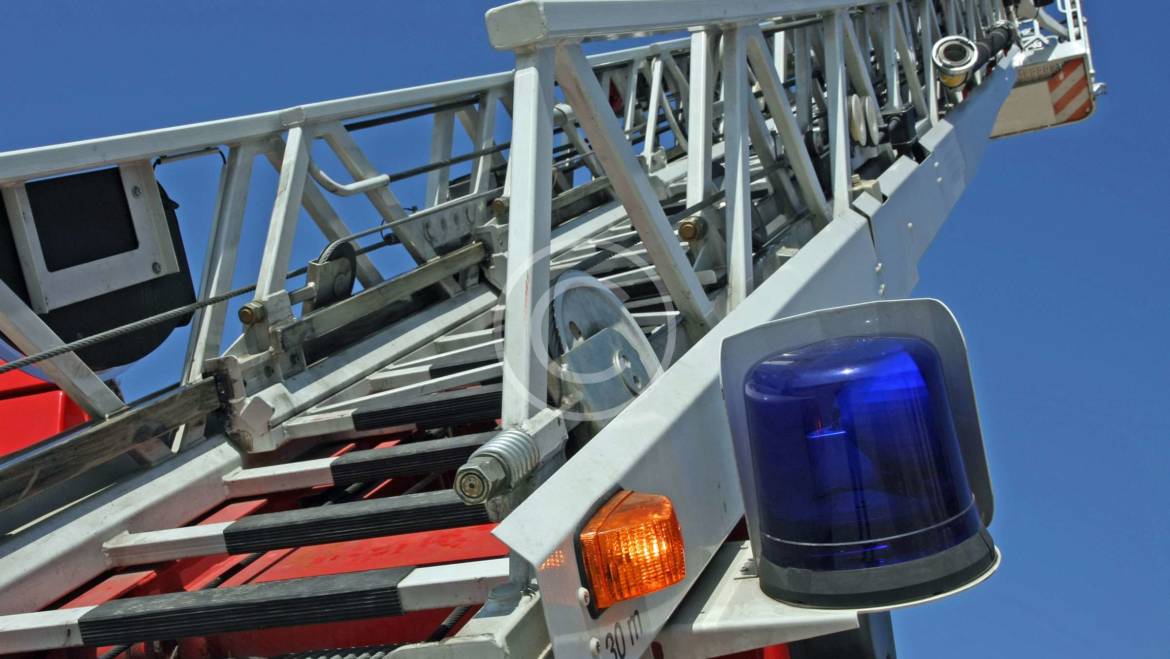Cooking is one of the most common causes of home fires, but with some precautions, you can minimize the risks. Here are essential cooking safety tips to keep your kitchen safe and enjoyable.
1. Stay Attentive While Cooking
Never leave cooking food unattended. If you need to step away, even for a moment, turn off the heat. This is especially important when frying or boiling food, as these methods can quickly lead to fires if left unattended.
2. Keep Flammable Materials Away
Maintain a safe cooking environment by keeping flammable items—like paper towels, dishcloths, and oven mitts—away from the stove. Ensure that your cooking area is clear of clutter.
3. Use the Right Equipment
Always use cookware that is appropriate for your stovetop. For example, never use aluminum foil or metal pans in the microwave. Make sure pots and pans have handles that are secure and not sticking out where they could be accidentally knocked over.
4. Stay Sober
Avoid cooking when you’re under the influence of alcohol or drugs. Cooking requires full attention, and distractions can lead to dangerous situations.
5. Dress for Safety
Wear fitted clothing while cooking. Avoid long, loose sleeves that can catch fire or get caught on pots and pans. Use oven mitts or pot holders when handling hot cookware.
6. Know Your Stove
Familiarize yourself with your stove and oven controls. Understand how to turn them off quickly in case of an emergency. If using gas appliances, make sure you know how to turn off the gas supply.
7. Have a Fire Extinguisher Nearby
Keep a fire extinguisher in or near your kitchen, and ensure everyone knows how to use it. Make sure it’s rated for grease fires (Class K) and is easily accessible.
8. Be Careful with Hot Oil
When frying foods, use deep fryers designed for that purpose and maintain a safe temperature to prevent overheating. Never leave hot oil unattended, and keep a lid nearby to smother any potential flare-ups.
9. Check for Smoke Alarms
Ensure smoke alarms are installed near the kitchen and test them monthly. Replace batteries at least once a year and replace the alarms every ten years.
10. Teach Kids About Kitchen Safety
If you have children, teach them about kitchen safety. Supervise them while they help in the kitchen and educate them about the dangers of hot surfaces and sharp utensils.
By following these cooking safety tips, you can create a safer kitchen environment and reduce the risk of fire. Enjoy your time cooking, and remember that a little caution goes a long way in preventing kitchen disasters! Stay safe and happy cooking!


Add Comment